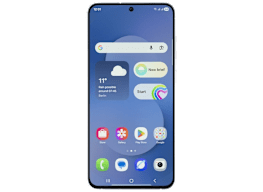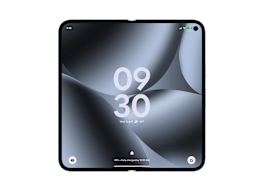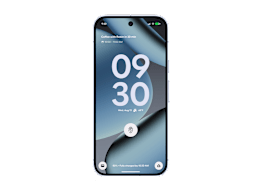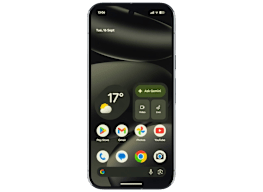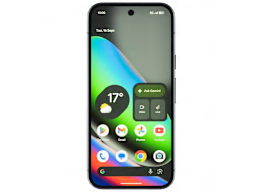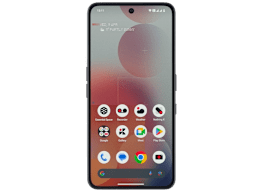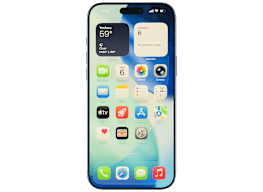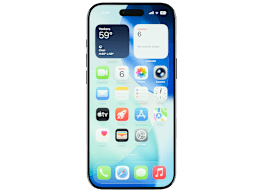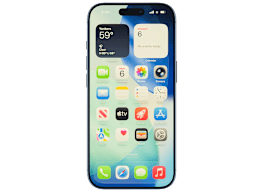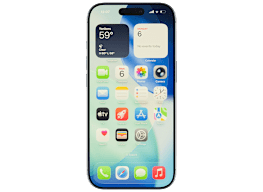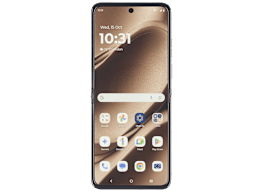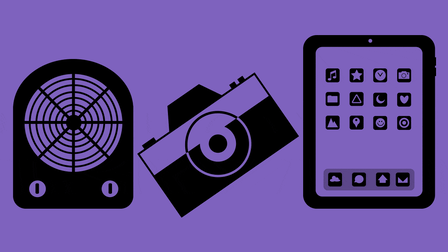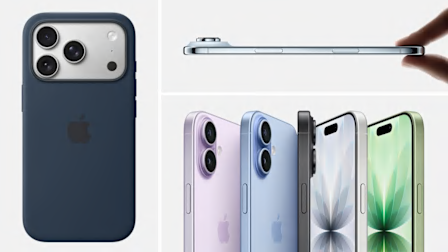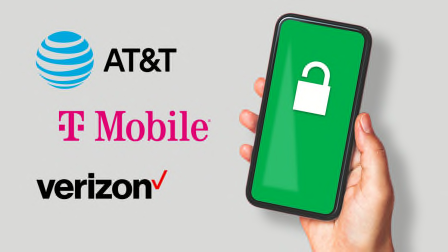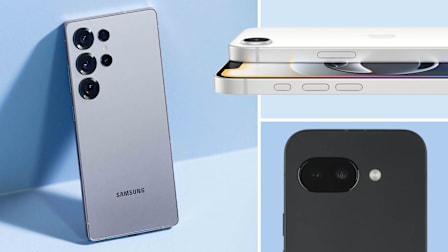Pros and Cons of Buying an iPhone Directly From Apple
Debating whether to buy a new iPhone 17 from Apple or your cell phone carrier? Here's what you need to know.
When you shop through retailer links on our site, we may earn affiliate commissions. 100% of the fees we collect are used to support our nonprofit mission. Learn more.
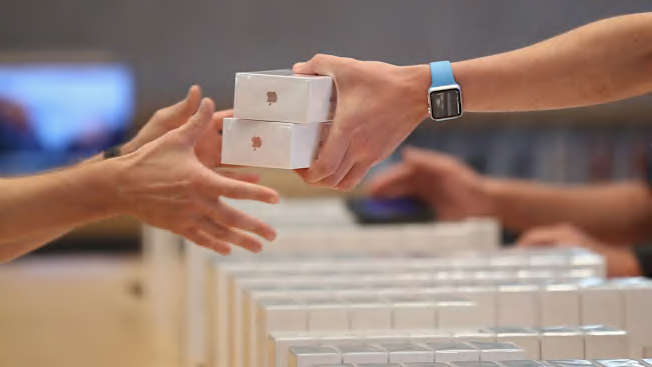
Eager to get your hands on the new iPhone 17? Sure, you can buy one from just about any major electronics retailer once it hits shelves Sept. 19, but because most stores offer the same models at roughly the same prices, it’s often simpler and more convenient to buy an iPhone directly from Apple or your carrier.
Of course, shopping for a phone involves more than convenience and price. You also have to consider things like extended warranties, the cost and ease of screen replacement and other repairs, and the long-term commitments woven into some deals offered by carriers.
How do you decide which route is best? Here are some things to consider.
Pros of Buying an iPhone From Apple
Frequent upgrades: If you like having the latest iPhone in your pocket the week it’s launched, take a look at Apple’s iPhone Upgrade Program. It helps you get that new phone every year by trading in your current model and making 12 months’ worth of payments to cover the balance in price.
Cons of Buying an iPhone From Apple
Potentially missing special discounts: Although the iPhone rarely goes on sale anywhere, carriers often offer limited-time promotions if you trade in an old phone, add a new line, or switch to their service.
AT&T, T-Mobile, and Verizon, for example, are currently offering more than $1,000 off the cost of iPhone 17 models for new and existing customers. For all three carriers, the discount comes in the form of bill credits spread across 24 months (T-Mobile) or 36 months (AT&T and Verizon). To get the maximum discount, you need to subscribe to the carriers’ more premium plans. Apple’s website highlights some of the special deals from these carriers, but not all of them, so it’s worth checking with your carrier before ordering your iPhone.
Shorter financing term: Apple’s no-interest financing is spread over 24 months, so your monthly payment might be slightly higher than with carriers that have longer financing terms. AT&T and Verizon both spread it across 36 months instead. The total retail price will be about the same regardless of where you buy, but a longer term can be a bit easier on your wallet from month to month.
Top-Rated iPhone Models
Whether you buy your next iPhone directly from Apple or through your service provider, you still want to pick a model that’s well-rated and a good fit. Consumer Reports tests every iPhone on measures like display quality, camera performance, battery life, and overall durability. We also have a guide to help you decide which iPhone is right for you.
CR members can see how certain top-rated iPhone models fared in our labs below. (We’ll test the new iPhone 17 models once they hit stores. Those results will appear in our smartphone ratings soon.)


